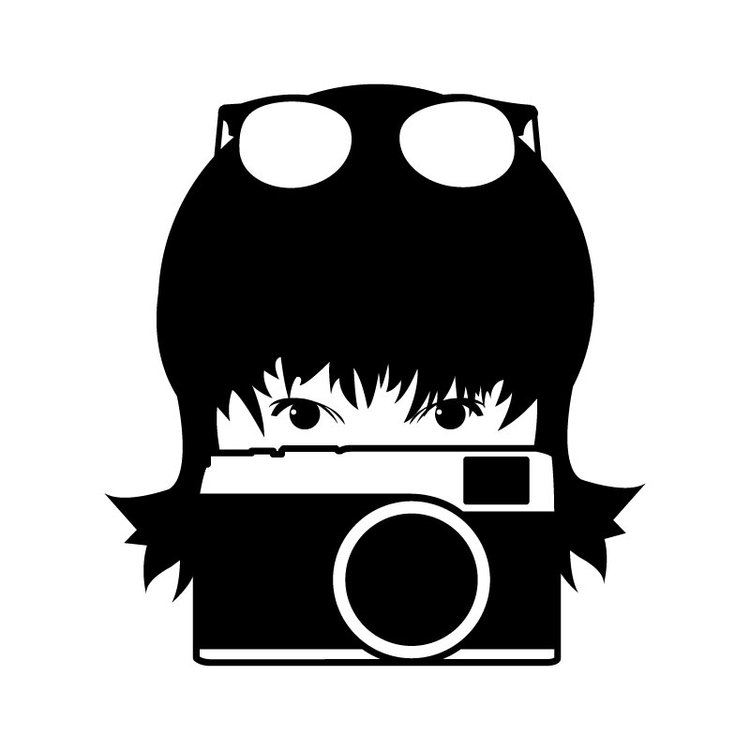Q: "Hi Valérie. So far I have not really found what type of photography I would like to specialize in. This is probably because I am having fun with everything. I love landscape, macro, portrait (of my wife and daughter) and interior/real estate photography. Two weeks ago, I contacted a real estate agent I know to help me build my portfolio. She allowed me to photograph a house on a Sunday before her official photographer would photograph it (the following day). I had the chance to compare my pictures to the ones from the other photographer and I can honestly say that my pictures were technically way better. She did not use any flash while I used two, her windows were blown out, and her white balance was way off. I asked for some feedback from the agent and was told that highest quality pictures are not top priorities in real estate photography, and that by producing better lighting I am also showing the flaws of the house.
While I agree that I need to learn to not show the flaws of a house, I was disappointed to learn that high quality pictures were not top priorities. Most people I talk to tend to say that the quality of the photos of most listings are awful. So, is this the general rule in real estate photography? Or should I go after those who value great pictures among the agents? Thank you for your answers." Patrick, Canada.
A: "Thank you for your question Patrick. I used to shoot for Real Estate and I must say that it was occasionally a frustrating process. Pictures do sell, there is no doubt about that. Yet, I don't believe in images that show the property to be three times the size that it actually is. That is plain deceitful. But images do have to show the house in its best light in order to attract potential buyers. We've all seen the horrible quality of most MLS pics online, they are usually shot by the listing agent with a good camera but no technical or compositional knowledge.
I don't believe that adding light is necessary for a real estate shoot anymore. You can get great results in ambient light and, if you expose properly, windows should not be blown out. If they are a bit overexposed, it's usually a quick fix in Lightroom. Although quality is very important. A Real Estate shoot doesn't require the amount time and care to detail you would put into a traditional interior shoot for a builder, a designer or an architect for example. Those shoots are intended to showcase a space for a long period of time in an online gallery or for print advertising. Whereas real estate pics will only be used and seen for a few days or weeks. A real estate shoot does not require as much attention to details as an interior shoot. Only 2 or 3 pics of each room, at most, will ever be featured. It is also for that reason that you cannot charge the same rates for a real estate shoot like you would if you were commissioned by a designer or an architect. In most real estate jobs you need to get the work done fast.
A professional stager is also a key element to enhance the highlights of any property and the real estate photographer should always make sure the house is staged before taking the job.
Smaller properties do benefit the most from professional photography because they are more difficult to showcase. That said, you may find it easier to sell your services to real estate professionals who specialize in big ticket listings. They will be used to dealing with professional photographers and will see the value you can add to their team. I hope this helps, good luck!" Valerie
If you found this post useful, please leave a comment below and share your experience with the community. If you have a question, feel free to send it to Valerie for an upcoming Q&A blog post. This blog cannot exist without your questions!
